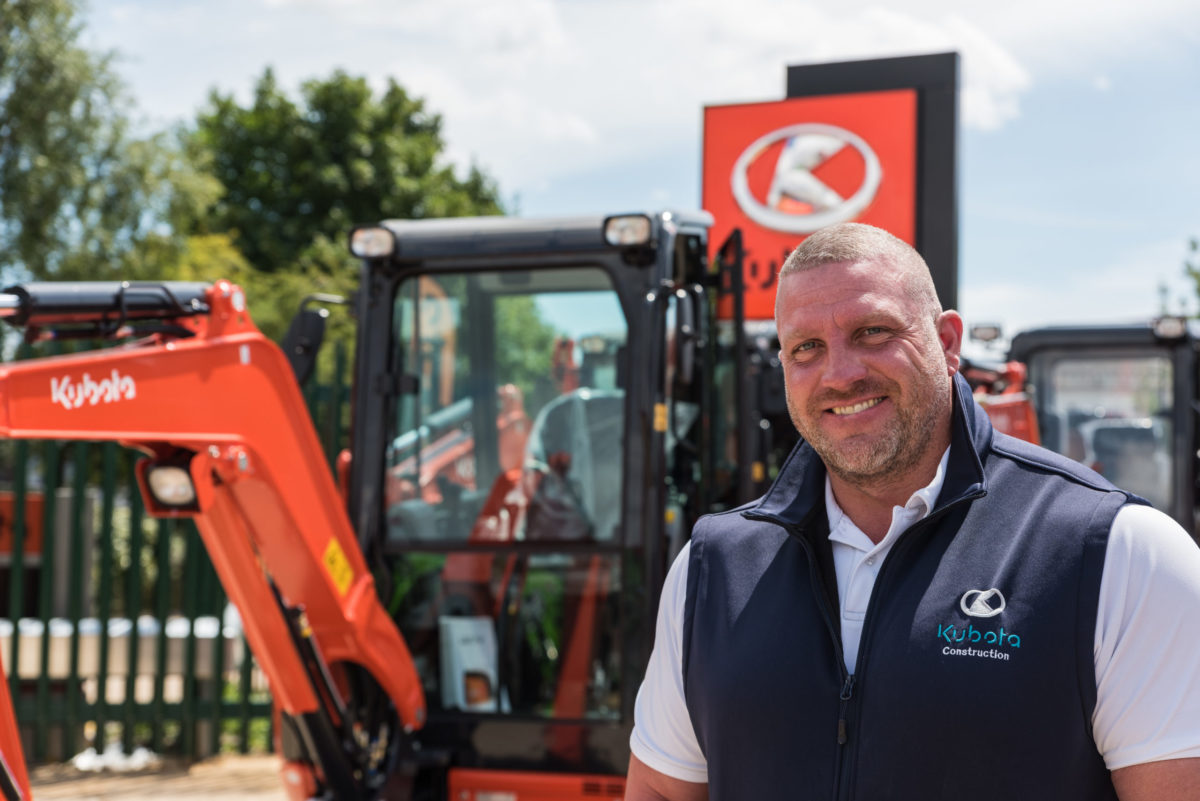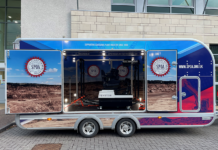
Geoff Smith, dealer manager at Kubota UK, discusses what the construction industry is likely to face in the coming months, with changes to legislation expected and disruptions to materials and supply chains tipped to continue.
Industry data tells us while commercial construction was slightly hampered in 2021, overall construction industry growth was in fact driven by residential building and public infrastructure projects. This helped account to a significant growth as an industry average.
Of course, this was achieved through a number of difficult circumstances; the Covid-19 pandemic, supply chain disruptions and a shortage of materials to name a few. These resulted in trying times for the industry – a perfect storm.
Isolating staff, transport delays, shortages of materials to transport and labour gaps all contributed to industry disruptions and seemingly had an effect on pricing too, with some suppliers looking to cover themselves in difficult times.
After a tough previous year, industry growth is forecasted to continue increasing at around 5%. Some of the key drivers of industry change are foreseeable. Legislation will continue to impact trends and most noticeably the Building Safety Bill, expected to become law in summer 2022, and the red diesel usage changes in April.
Unfortunately, the issues of last year are not immediately ceasing to exist, as this recovery will take time. Furthermore, a spike in Covid-19 cases saw a surge of positive tests in the first few weeks of 2022, isolating key workers and staff. Supply chain issues are expected to continue fluctuating parallel to this due to driver availability and ongoing staff shortages.
These uncertain challenges highlight the need for foresight and importance of partnering with a supplier or manufacturer with industry expertise, to help manage fluctuating lead times and negate any foreseeable disruptions to projects.
Furthermore, sustainability will continue to increase in popularity as projects, suppliers and manufacturers look to hybridise their efforts, readying for a more sustainable future. Of course, Kubota has already made strides in this field with its Smart Energy Solutions range that includes LPG and electric powered machines offering high levels of productivity, reduced downtime and low to zero emissions. Perfectly suitable for projects within low emission zones and city centres.
Alongside sustainability, alternative fuels are expected to be high on forthcoming agendas, with reform and entitlement restrictions on the use of red diesel coming into law from April. This huge change to construction is anticipated by Kubota, who is well placed to help customers with this transition, further supporting the idea of partnering with a trusted, industry expert to negate challenges faced across the industry.
A positive for the industry is the expectation of growth around public infrastructure works, which naturally fosters a demand for digging and mini-excavator equipment. This growth is fuelled by regional and national infrastructure projects such as HS2 and National Highways construction plans, such as Smart Motorways, as the country continues its efforts to be better connected. Of course, the longevity of projects this size leaves availability for dealers to target the regionalised market to help with local requirements around civil and other works.
So, with the hangover of 2021 to see off, and a wide range of expected fluctuating challenges expected throughout this year, Kubota suggests partnering with an industry expert like itself in order to be fully prepared and have the expertise and foresight needed to approach any difficulties faced. The additional benefit of such a partnership of course means having access to the latest innovative mini-excavator technologies from the number one trusted manufacturer in the UK.











